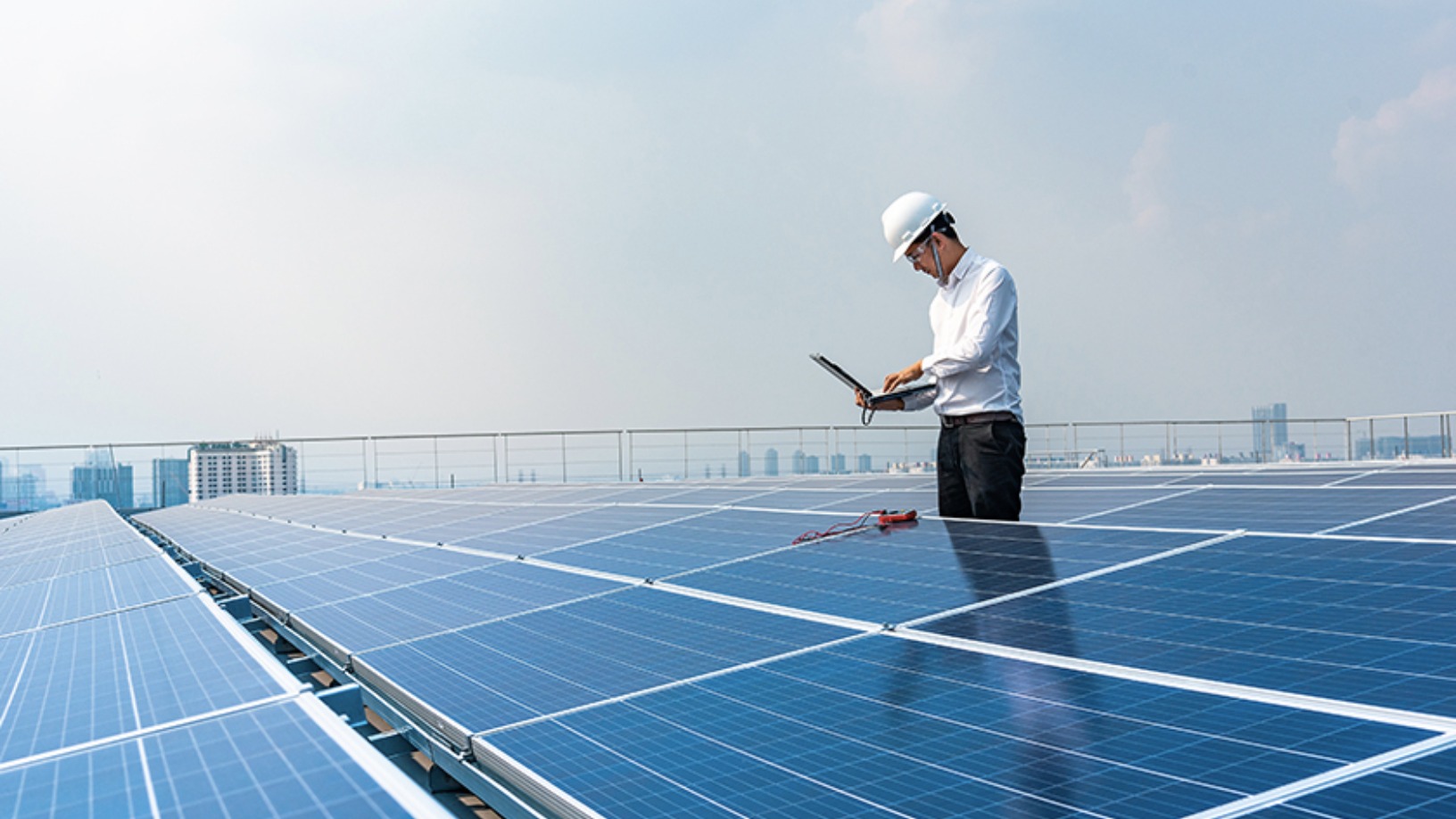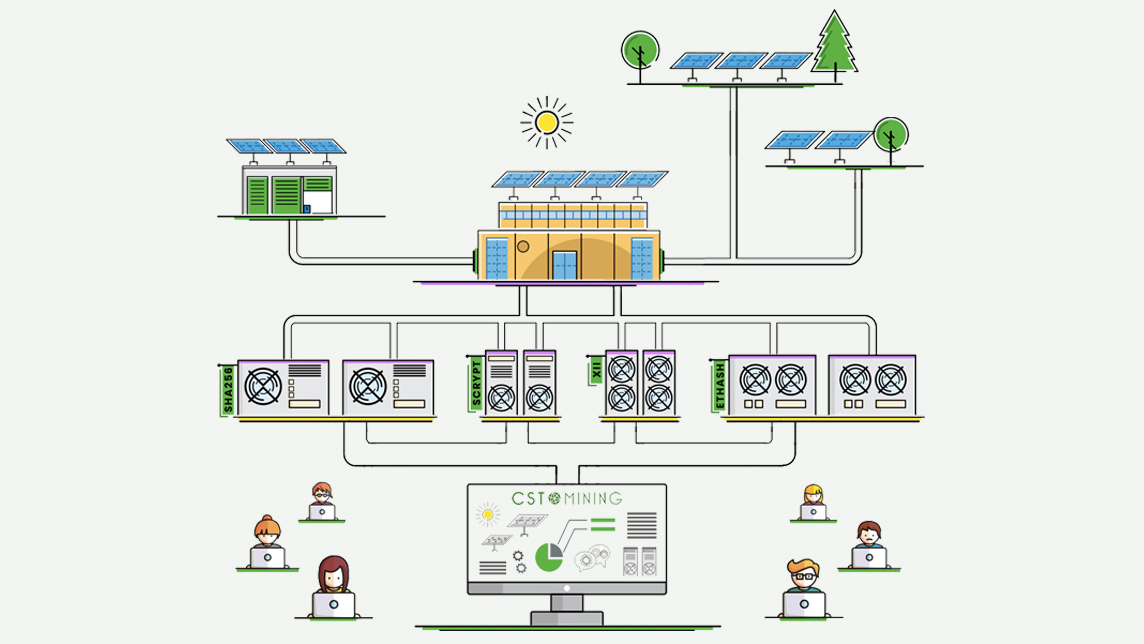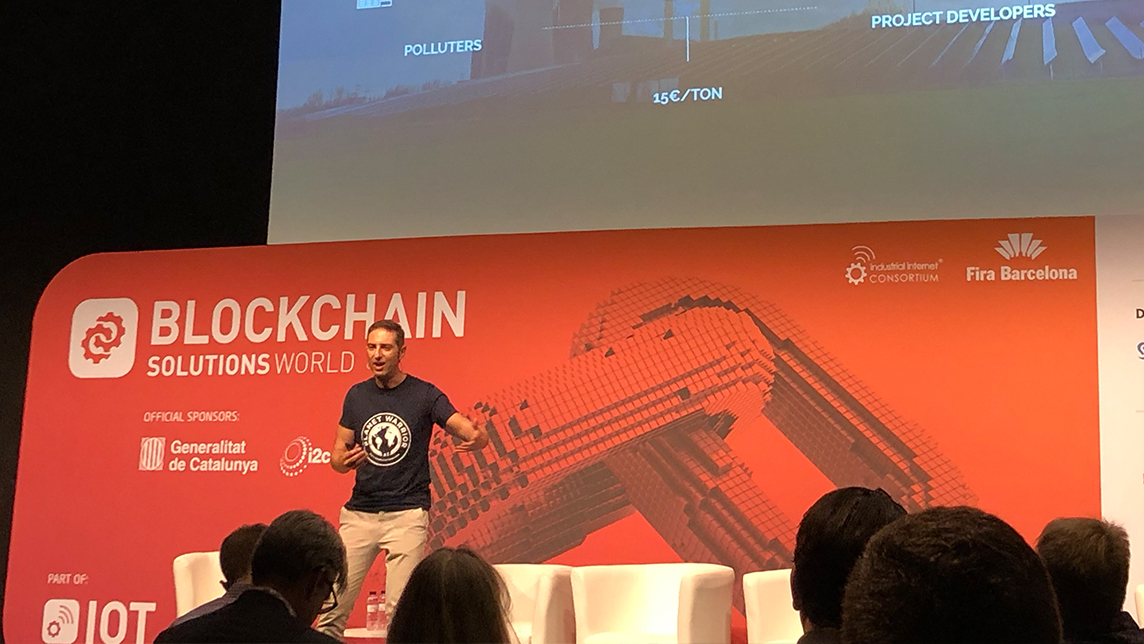Since 2016, blockchain-enabled P2P trading of renewable energy has sparked a major shift in the energy sector in many developed economies. Consumers using such platforms enjoy a lower cost of energy and of switching to solar, as well as gain control over the key resource for the first time, ending the traditional power held by utilities. In Asia, Shanghai-based startup Dipole Tech has created a platform for consumers in developing countries like Thailand and the Philippines to gain the same potential benefits.
Last year, Dipole, in partnership with SunAsia, the fourth largest solar energy developer in the Philippines, built the first commercial blockchain-based energy trading project in the country. Pooling together 1,200 solar panels, the microgrid is able to meet the needs of 1,000 local households.
Dipole is also the only Chinese company selected by the Thailand Energy Regulation Council’s sandbox program in Bangkok. Together with local energy company Nortis Rise, the startup has built a renewables trading platform that is expected to increase the capacity of the local regional network to at least 100MW of solar energy.
Before Dipole’s project kicked off, a household with solar panels in Thailand consumed, on average, only about 16% of the electricity it generated and the rest was sold to the grid at half the retail price. Now, these households can sell their surplus energy directly to their neighbors at higher prices than they do selling to the grid. Such a trading model helps to increase income of these consumer energy producers and also cut, on average, 10% off each household’s electricity bill.
“We aggregate scattered energy resources from, among others, rooftop solar panels and distribute to enterprises or individual users,” said Yang Kaikai, who founded Dipole in 2018 following a short stint at Tencent’s incubator arm as marketing manager and a year as co-founder and COO at Energo Labs where she had, since 2016, led projects to explore the use of blockchain technology in Asian energy markets.
Blockchain as mediator
Using Wattime, the mobile app by Dipole, residents without photovoltaic panels in their rooftops can buy solar energy at a lower cost than the power grid by subscribing for it directly from sellers with solar panels. Dipole’s web-based energy management system, EMS, allows those with solar panels to monitor their production and sell their surplus power through the app. Sellers can set the amount of solar energy for sale every month based on their solar panels’ estimated energy production. The platform also shows their earnings in real time.
Dipole’s system taps blockchain technology to track data points in the transaction process, including purchase histories, complex real-time energy trade price calculations and details of power sellers and buyers. “Blockchain works as the mediator for different sides to keep everything fair and square with trust,” said Yang.
A diehard jazz enthusiast, Yang was inspired by Elon Musk’s poetic vision that the sun is the ultimate solution to the world’s energy problems.
“As the cost of photovoltaic gradually decreased in recent years, I started thinking about how to apply blockchain to develop the energy sector,” said Yang, who learnt about blockchain while trading cryptocurrency on the side in college.
In addition to buying solar power from neighborhood energy producers, Wattime users can pay their utility bills through the app. They can also optimize household power consumption by monitoring the electricity usage of every device equipped with BOX, a piece of hardware offered by Dipole for IoT communication.
This July, Dipole announced an integration with Chainlink’s blockchain oracle network. Chainlink will allow Dipole’s trading platform to price energy in line with trends in global or local markets by using pricing data from trusted API data sources as well as allowing its users to buy energy with either fiat or cryptocurrency.
Dipole also provides an energy trading solution for apartment dwellers who do not have access to rooftops to install panels. “We work with a local factory [in Thailand] and install solar panels on its rooftops. About 60% of the electricity generated directly supports the factory’s daily operations and 40% is provided to the neighborhood,” Yang said.
In May, the startup was selected by the 2020 Asia-Pacific Low Carbon Lifestyles Challenge as a winner in the low-carbon energy category for its Wattime app for connecting renewable energy producers and consumers in rural areas.
Opportunities at home
While Dipole is gradually building its reputation in Southeast Asia, the world’s biggest consumer of fossil fuel, China, is still a challenging market for the company’s distributed energy model as the power grid in China covers the whole country and the electricity price from non-renewablesis relatively cheap.
However, new opportunities are emerging in China for Dipole as the Covid-19 pandemic forces companies to cut costs. The company has joined a trial project in the Jiangsu province for users in the existing power grid to trade distributed energy among themselves. Dipole is also piloting a distributed energy management and trading system in the Fujian province.
“Our app can not only allow people to trade energy, but also offer electricity usage analysis and management guide,” said Yang. "Many companies found our app useful to reduce electricity cost by 3–5%.”
In recent years, China has been promoting clean energy with policies to subsidize the renewable energy sector to increase its competitiveness. State Grid, one of the two state-owned power companies, has, since 2017, started pilot blockchain projects on distributed energy in 14 provincial grid companies with over 200,000 PV stations . More commercial players like Dipole and Shenzhen-listed YG Soft are joining in.
With 14 employees and less than RMB 5m funding, Dipole has started to generate revenue this year, one year earlier than expected. Instead of aiming high to disrupt an industry, Dipole is focussing on solving problems that are “not that big.”
“We just want to use some new technology to enable more people to participate in energy trading, providing easier access to cheap, clean energy,” Yang said.











